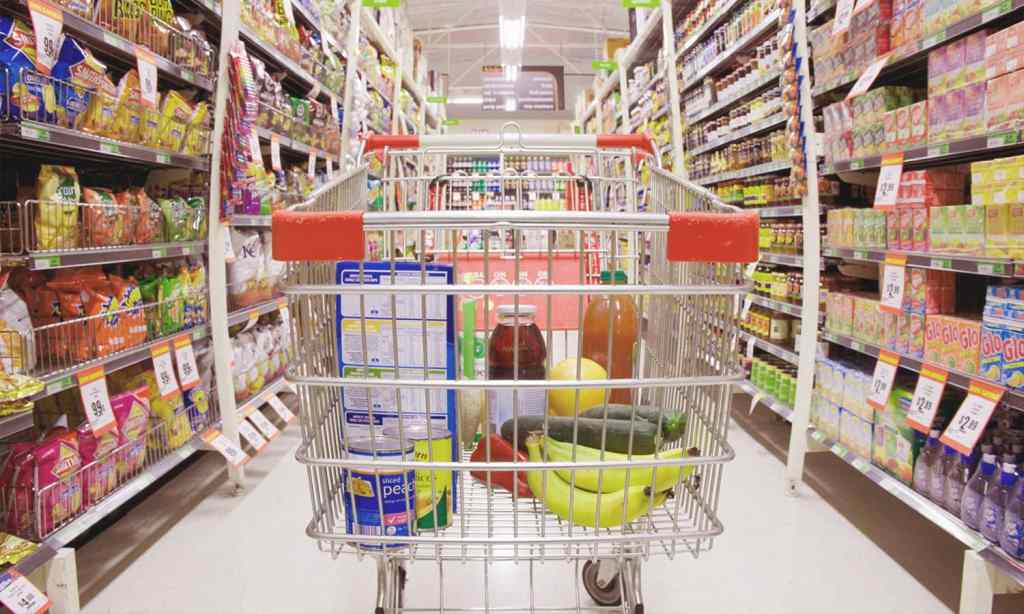Love him or hate him, Anthony Albanese is firing on all cylinders with all of the attention-grabbing policies as he attempts to win favour with potential voters ahead of the election.
First, there was the co-buying property scheme: under Labor’s proposed housing policy, around 10,000 homebuyers would be eligible to co-buy a home with the government. As a buyer, you pitch in 60% and the government would pick up the tab on the remaining 40% of a new property’s purchase price.
That co-buy percentage drops to 30% on an existing home — the full 40% is only up for grabs on a new home build, because all housing policies ultimately aim to spur on the creation of more properties overall.
After that policy announcement went over well with younger voters, who perhaps see a glimmer of hope when it comes to their ability to get on the property ladder before their kids are in high school, Albanese has dropped another tidbit that has spurred conversations.
Labor’s latest news aims to please the same crowd, though it wasn’t a policy announcement, as such — more of an endorsement.
With inflation running at 5.1%, Albanese was asked if he would back an equal increase in wages.
“Absolutely,” he replied.
This would push the minimum wage up from $772.60 per week to $812.00.
What Impact Would This Have on the Economy?
Inflation measures the cost of living in Australia, and in case you missed it, it’s been running hot for the last 12 months. When we recorded a record 5.1% increase in April, it took the entire country by surprise: economists were expecting high inflation, but not quite that high.
A 5.1% inflation rate essentially means something that cost you $10 a year ago, would now cost around $10.51 (on average).
The RBA expects it to get a little worse before it gets better, with inflation forecast to hit 6%. While this is incredibly high, spare a thought for our friends in the US, where their inflation rate just hit a 40-year high of 8.3%.
The RBA is actively trying to bring inflation down, which is why it increased the cash rate earlier this month, with the goal of increasing how much we spend on our home loan payments, so we have less discretionary income to spend on groceries, fuel, alcohol, cigarettes, coffee and clothes.
This would ideally translate to less demand for all of these goods and services, which would stop inflation from climbing higher.
Could a Minimum Wage Increase Make Inflation Worse?
The problem with increasing the minimum wage is two-fold.
Firstly, an increase in wages means an increase in the amount of money people have to spend. While the RBA rate rise was designed to take some of that discretionary spending power away, a wholesale minimum wage increase could add fuel to the fire.
Wage increases can also cause inflation to go up because they increase the cost of producing goods and services. These costs go up because employers have to pay their employees more to achieve the same output. To compensate for the increase in cost, companies will often charge more for their goods and services, in an effort to maintain profitability.
Does that mean we shouldn’t increase the minimum wage? Not necessarily. Doing so could certainly relieve some of the financial pressures of everyday Australians who are doing it tough with the rising cost of living.
Governments have to weigh up a number of factors when making these types of decisions and right now we have a perfect storm of soaring fuel prices, sky-high construction costs, increasing mortgage rates and decreasing property prices. The right move from here has to take all of these variables into consideration, with the ultimate outcome being that wage increases could indeed make inflation worse.
Sarah Megginson is the senior editor for money at Finder. She has been a finance and property journalist for more than 15 years.
Read more stories from The Latch and subscribe to our email newsletter.







